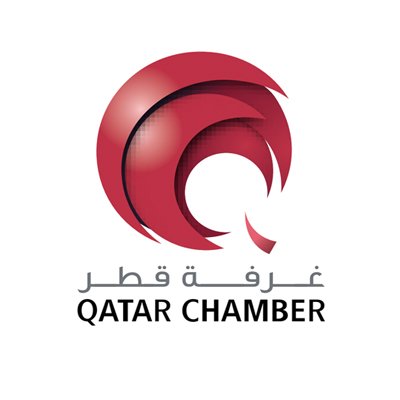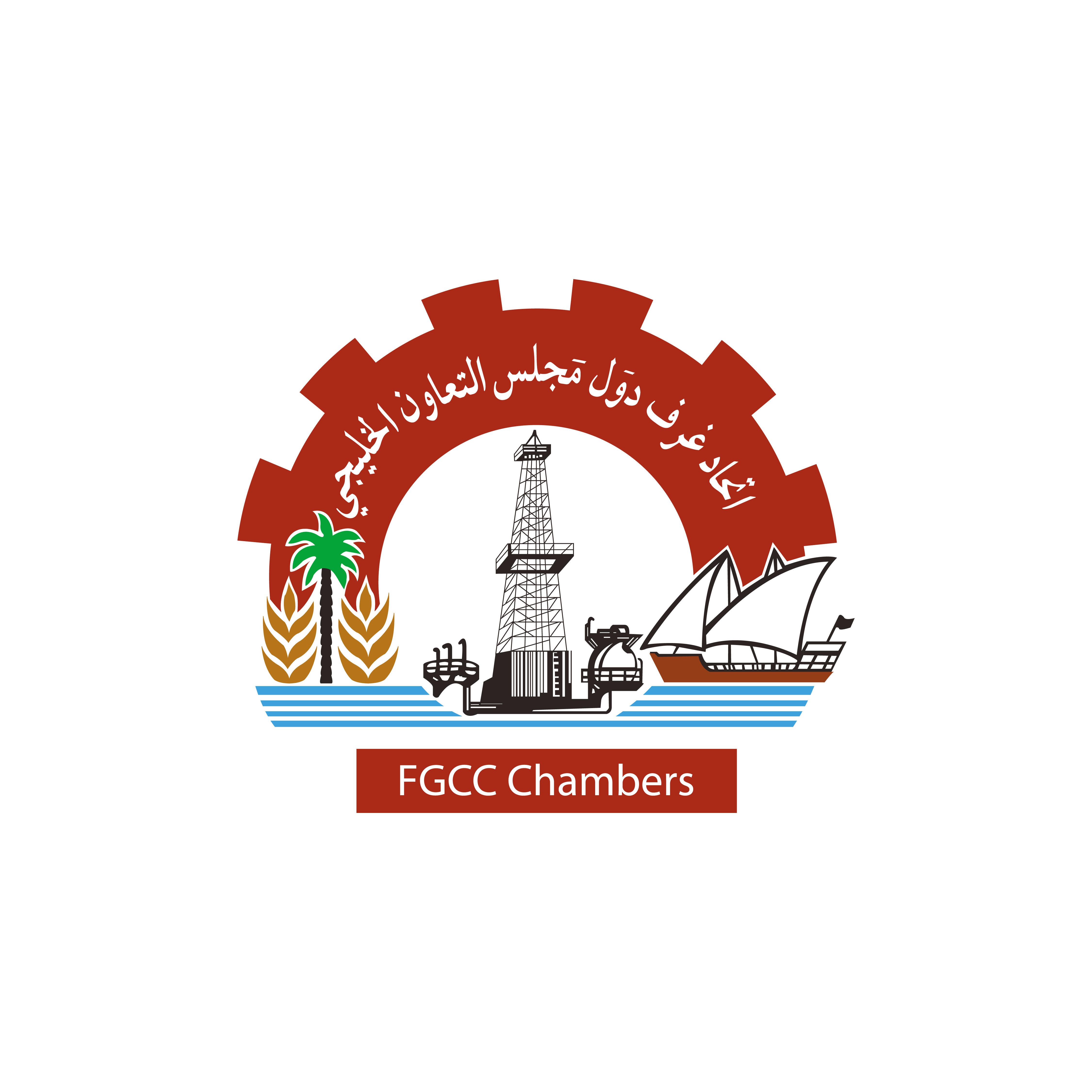Under the patronage of Prime Minister and Minister of Interior HE Sheikh Khalid bin Khalifa bin Abdulaziz Al Thani, Minister of Transport HE Jassim bin Saif Al Sulaiti on Sunday launched the Transportation Master Plan for Qatar 2050 (TMPQ).
This plan constitutes a roadmap for investing in land transportation infrastructure and determines the frameworks and future orientations for developing the transportation networks nationwide to ensure their integration with land uses, urban development, population growth and fulfilling the future demand for transportation.
Al Sulaiti said that sustainability is the bedrock of this plan, given the great impact this concept has on economic and environmental development By striking a balance between the requirements of economic growth and environmental protection and contributing to reducing climate change by putting into effect long-term initiatives the plan will contribute to transitioning to sustainable transportation.
The plan, he added, helps achieve financial sustainability of the land transportation sector by covering the largest possible ratio of operating costs through executing transportation demand management policies, and public-private partnerships for investing in and contributing to building and operating the country’s transportation systems.
Al Sulaiti said the plan will have significant economic returns thanks to the increased revenues and the benefits of saving vehicle-operating cost, saving energy and fuel consumption, reducing trip time, and lowering carbon emissions and traffic accidents.
Al Sulaiti and other senior officials later toured the accompanying exhibition and were briefed on the components of the Plan and its projects.
Acting Assistant Undersecretary, Land Transport Affairs, Ministry of Transport, Eng. Hamad Essa Abdulla, said that executing that Master Plan will undergird Qatar’s ranking position as one of the world’s most sustainable countries for deploying innovative, sustainable transit solutions that support all aspects of development and will improve the quality of life for citizens and everyone living in Qatar, while preserving the national identity.
The plan comprises an integrated set of initiatives and projects that serve all users of land transportation systems and networks through 2050, including expressways, public transit, pedestrians, bicycles, land transportation demand management, and other transit technologies, he said.
This intends to integrate these elements, improve their interconnectivity, enhance road safety, reduce congestions, and conserve the environment, to be a true legacy for generations to come, thus achieving the goals of QNV2030, he noted.
Among the plan’s key components and deliverables is developing over 60 national land transportation policies for Qatar that will help ensure further development of transportation services, in addition to putting forth 286 schemes and projects through 2050, including for developing road networks and public transportation, transportation services management, laws and governance, transportation technologies, planning and feasibility studies, he added.
He said the plan also includes 37 proposed projects to develop the main road network at a length of 770 km, 30 projects to develop the main public transit network at a length of 540 km, and expanding the building of the facilities that support the transition to sustainable transportation.
He elucidated that for the sake of keeping pace with technological advancement in transportation engineering and planning, the Middle East’s first activity-based model was developed. The model, which simulates people’s activities and is connected with transportation planning programs, is used to analyze and address the impact of current and future projects and policies on people’s activities and transportation needs.
Additionally, he said that smart electronic platforms have been created to ensure data sharing with all concerned entities for a safe and sustainable access to data and optimal use of it in land transportation projects.
He added that among the Plan’s deliverables is developing policies and plans for land freight, with the intention of developing infrastructure for freight industry in Qatar within an integrated transportation system that takes the culture and service of freight in Qatar to the best universal standards and practices in terms of traffic safety, minimal environmental and climate impact, in addition to contributing to economic and urban growth and a better land freight service for the population and visitors.
The plan also includes developing technical manuals at the national level like the Qatar Highway Design Manual, which provides guidelines on planning future transit networks, and the Qatar Trip Generation and Parking Rate Manual (QTGPRM), which helps understand trip and parking rates. Understanding that is key for informed traffic and transportation studies focused on transportation and road projects, and other developmental and urban projects across the country.
At the exhibition, government and private entity representatives were introduced to the Transportation Data Management System (TDMS) platform, which will be available to government agencies and transportation study consulting firms. They were also introduced to the TMPQ 2050’s key deliverables: the launch of over 150 strategies on vehicular parking policies execution mechanism, the launch of a uniform and comprehensive vehicular parking design guidebook to improve efficiency and safety.
Furthermore, they were introduced to the Concept Design to Connect Lusail City with an Expressway Network, which includes designing 39 k.m. of roads and 25 major intersections, where some of which are multilevel, to ensure safe and efficient traffic flow between the cities of Doha and Lusail and other areas.
Carrying out these projects, the plan aims to provide an integrated and sustainable transportation system that supports the economy and a better quality of life for all segments of the society, while maintaining the national identity.
Minister of Environment and Climate HE Sheikh Dr Faleh bin Nasser bin Ahmed bin Ali Al Thani, President of Planning and Statistics Authority HE Dr Saleh bin Mohammad Al Nabit, President of the Public Works Authority (Ashghal) Dr Eng. Saad bin Ahmad Al Muhannadi, CEO of Qatari Diar Eng. Abdullah bin Hamad Al Attiyah, in addition to a plethora of senior officials and leaders of relevant public and private sector entities who attended the event.


